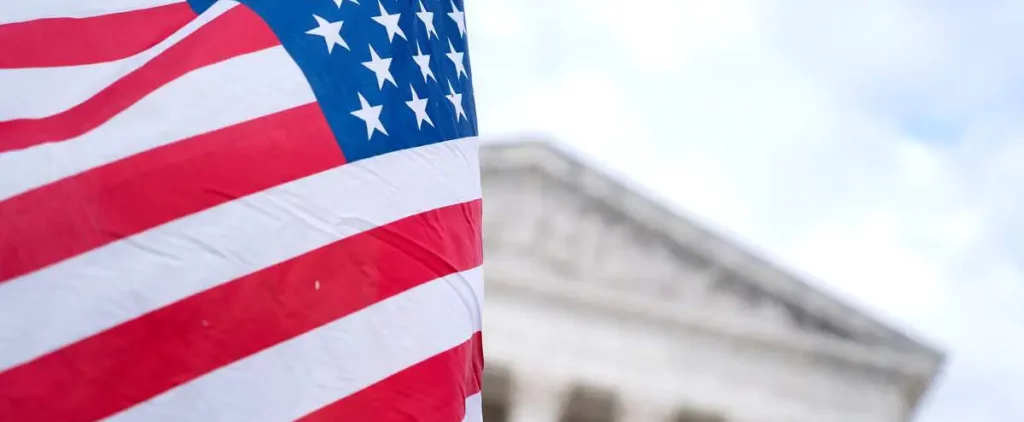The US Supreme Court on Tuesday suspended a Texas law restricting editorial leeway for social networks, without resolving the thorny problem that pits advocates of tougher content moderation against policies that foment “censorship.”
Last September, the governor of Texas passed a law prohibiting social networks from banning users “based on their political views,” in the name of “freedom of speech.”
US conservative elected officials regularly accuse Facebook, YouTube (Google) and Twitter, among others, of “censorship” against them and bias in favor of Democrats, even though many conservatives and representatives of both political sides use large platforms to their advantage.
The new law was challenged by a court, and then entered into force after it was brought before the Court of Appeal. But organizations representing the tech giants have petitioned the Supreme Court, which ruled in their favor on Tuesday, provisionally, pending a decision on the merits of an appeals court.
The corporations “claim” that the new Texas law “interferes with the exercise of their + their editorial judgment + asserts that such interference violates their right to + not publish speech generated by others +,” conservative judge Samuel Alito notes in his interpretation.
“In certain circumstances we have recognized the right of organizations to refuse to host the expression of others. But we have rejected it in other circumstances.” “It is not at all clear whether these precedents, which predated the Internet age, should apply to large social networks.”
Both warring clans demand freedom of speech, as defined by the First Amendment to the U.S. Constitution, which prohibits government from censoring—but not corporations.
Tensions between groups in California and Republicans have heightened since Donald Trump’s removal from major platforms in early 2021, when he encouraged, via networks, rioters who invaded Congress in Washington on Jan. 6, killing five people.
Facebook and its competitors are defending themselves from censorship, setting rules aimed at promoting peaceful exchange, while many NGOs and democrats are calling on them to be tougher in the face of hate speech.
The Center for Democracy and Technology, a nongovernmental organization, said that “Texas law threatens to undo years of activists’ work around the world to make social media take hate, harassment and disinformation seriously.”
An appeals court recently ruled that a similar law passed in Florida violated the First Amendment.

“Total coffee aficionado. Travel buff. Music ninja. Bacon nerd. Beeraholic.”






More Stories
Fluoroscopy | “Self-coup”?
This is why you find it difficult to wake up in the morning.
She meets her boss at the airport after taking sick leave.